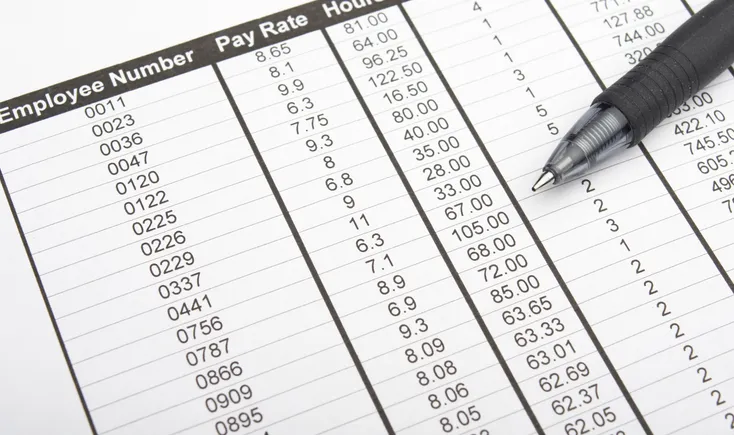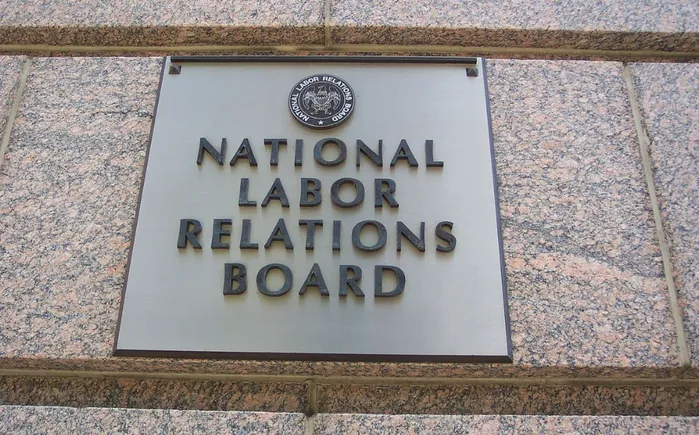Dive Brief:
- The U.S. Department of Defense will have to face a lawsuit alleging that a supervisor forced a school psychologist at a military base in Okinawa, Japan, to take a breathalyzer test before returning to work because the worker suffers from alcoholism, a district court judge ruled Nov. 14 (Gamon v. Austin).
- “Conditioning Plaintiff’s return to work upon the taking of a breathalyzer test constituted a change to a term or condition of employment. If he refused to take the test, presumably he would not be permitted back to work. That is enough to make out a claim,” U.S. District Court Judge Amit P. Mehta ruled in the order denying the defense department’s request to dismiss the claim. “Plaintiff has successfully pleaded that his supervisor’s purpose in ordering the breathalyzer was not a legitimate workplace inquiry, but to discriminate against him because of his alcoholism.”
- The supervisor allegedly also wrongfully disclosed the worker’s “history involving alcohol abuse” in front of his colleagues, in violation of the Rehabilitation Act, according to the order.
Dive Insight:
The Rehabilitation Act of 1973 prohibits employers of federal workers and certain federal contractors and subcontractors from discriminating against those workers on the basis of disability, according to the U.S. Equal Employment Opportunity Commission. Workers with alcohol addiction can qualify as individuals with a disability, the U.S. Department of Labor specifies.
After his supervisor allegedly disclosed his history with alcoholism to his peers, the worker “felt compelled to involuntarily elaborate to all three individuals additional private medical information, including that he had been sober since his DUI and was in active recovery with the support of Alcoholics Anonymous and other medical-based treatments,” according to the complaint.
Qualified workers with disabilities who are in recovery from a substance use disorder “cannot be denied employment, demoted, fired, paid less, harassed, or otherwise treated differently in the terms, conditions, and privileges of [their] employment based on that disability if [they] are no longer engaged in the illegal use of drugs,” DOL said.






Leave a Reply